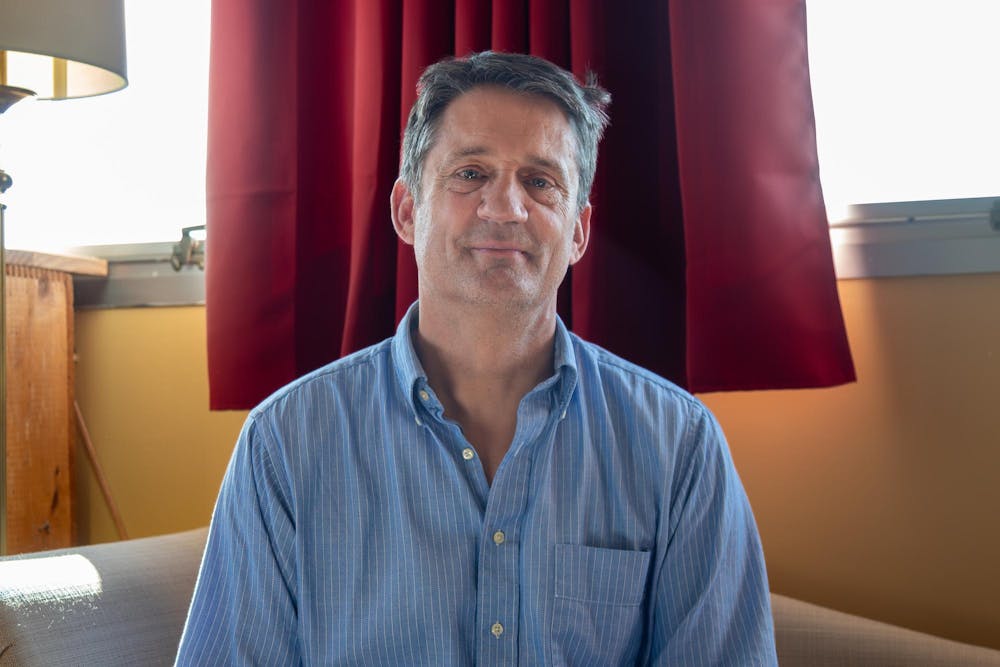Members of the UNC Board of Trustees called for "a full and open explanation to the entire University community" in a Nov. 3 letter regarding the N.C. General Assembly's decision to limit distinguished professorships to STEM fields.
A provision in House Bill 259, which became law in October, prevents professors outside of STEM fields from earning distinguished professorships in the UNC System. In a Board of Governors meeting on Oct. 19, the BOG proposed a revision to the UNC Policy Manual to comply with the General Assembly.
The committee members who wrote the letter to BOT chair John Preyer asked that the “gravity of [their] unease” regarding the exclusion be conveyed to Chancellor Kevin Guskiewicz.
Tenured faculty with distinguished professorships receive an honorary title and substantial research funds, which may be provided for a fixed period or until their retirement.
“I always thought it was the next honor one would aspire to, to be given this kind of position, and I appreciated it very much,” Philip Gura, UNC’s William S. Newman distinguished professor of American literature and culture, said. “If that isn’t available, you’re going to go to a place like Duke or the University of Chicago, where you’ll be rewarded properly.”
Some professors at UNC learned of the change through their University emails. Others, like W. Fitzhugh Brundage, a William Umstead distinguished professor of history, learned about the change when colleagues from other universities asked them how they felt about the decision.
“It certainly is not going to add luster to the reputation of [UNC] in the social sciences or humanities,” Brundage said. “There have been many important scholars in the humanities and social sciences who came to this University through distinguished professorships.”
Hooker distinguished professor of biology Mark Peifer, who served on the Distinguished Chairs Selection Committee, said he saw no justification to change a decades-long approach to choosing distinguished professors.
He also said the General Assembly has made multiple "disturbing" decisions within the last five years that suggest that broad support for public education has been lost among some of the leadership of the current legislature.




